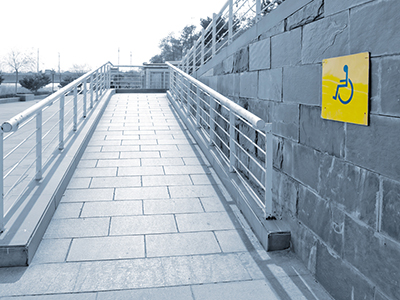In an issue of first impression, the California Court of Appeals held that employers have a duty under California’s Fair Employment and Housing Act (FEHA) to provide reasonable accommodations to an applicant or employee who is associated with a disabled person, even if the employee is not disabled. Castro-Ramirez v. Dependable Highway Express, Inc. No. B261165, 2016 Cal. App. LEXIS 255 (Cal. Ct. App. April 4, 2016). This holding confirms that FEHA provides broader protections for employees associated with a disabled person than the federal Americans with Disabilities Act (ADA), which does not contain the same requirement.
It’s All Relative: A California Court Says Employers Must Accommodate Employees “Associated” With a Person With a Disability





